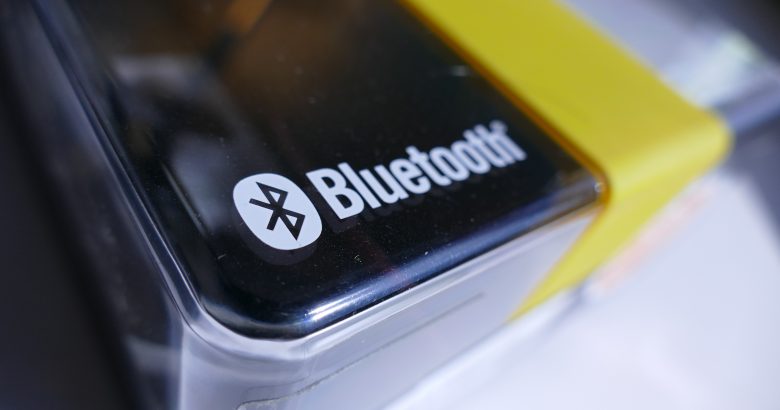
If you are an audio enthusiast, you’ve probably heard that Bluetooth wireless audio isn’t quite as good as hardwired digital audio. In other words, if you play a song on your car’s infotainment system by connecting your smartphone to a USB port, it will sound better than if you “Bluetooth it.” As it turns out, this is technically correct for a variety of reasons but people argue that it doesn’t really make a difference because the background noise levels in cars.
Intro to USB
Back in the mid 1990s, connecting computers to peripherals wasn’t as convenient as today. Computers interfaced via large serial and parallel ports and used big, bulky cables. Individual ports were used for each peripheral device such as a keyboard, mouse, joystick and printer. And they weren’t very fast either: parallel ports transferred data at approximately 100 kilobytes per second and serial ports up to 450 kilobits per second. Most of the computer industry wanted to ditch these connectors and cables and by working together came up with the USB 1.0 standard. It debuted in late 1995 and with a data transfer rate of 12 megabits per second, it was a game changer.
Today, most cars have USB Aux ports so that digital devices can be connected directly to the car’s infotainment system. Trinity of Taylorville, a local Chrysler, Dodge, Jeep, Ram dealer in Taylorville, IL tells us that most of the new cars they sell come with USB ports. Most third-party radios also have USB connectors for the same purpose. What’s special about USB is that the connectors are designed to pass full-resolution digital signals. This means that there is no loss between your digital audio device (i.e. cell phone) and your car’s audio system.
Bluetooth
Bluetooth wasn’t originally developed for audio. It was originally invented as a way to create secure, wireless, local networks. The basic idea behind the creation of the standard was to come up with a faster, wireless alternative to the RS-232 serial port on the personal computers of the day. It was developed in the mid-1990s and by the late 1990s, Bluetooth was finding other uses besides computers.
Since Bluetooth can be used for streaming audio, it was only natural that car stereo manufacturers would begin to offer that option as well. With the right Bluetooth device, you can stream audio, video, and may even be able to control various radio apps right from your phone, or other digital device.
The main drawback of using Bluetooth to listen to music in your car is audio quality; the audio quality will typically be worse with Bluetooth than with USB wired connection. The reason for this is that Bluetooth audio is compressed for transmission. This means that there will be some loss of audio quality when it is decompressed by your infotainment system.
So, which is better?
The question of whether Bluetooth wireless is better than USB wired in terms of listening to music in a car comes down to one issue: How noisy is the inside of your car? If your car is as noisy as the average car, it would be very hard to tell the difference between Bluetooth wireless and USB wired. The best decision would really be which format is easier for you. Keep in mind, this decision might be different when critically listening to audio while walking or at home. Then the higher quality of a wired connection is probably your best bet.